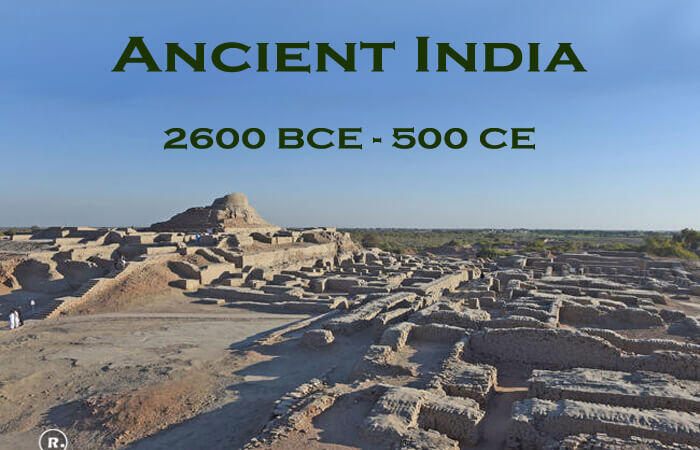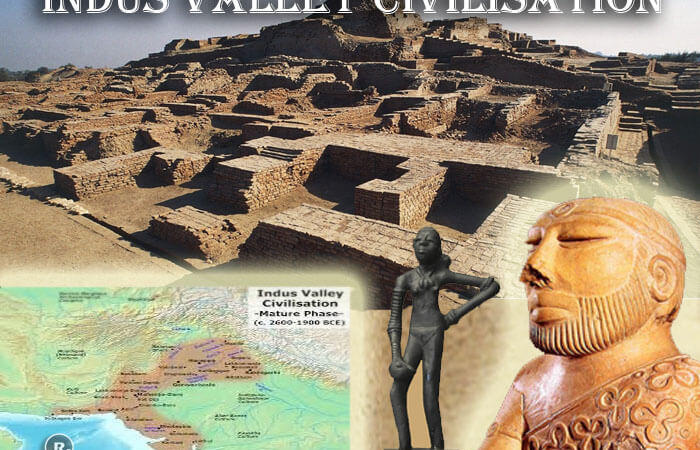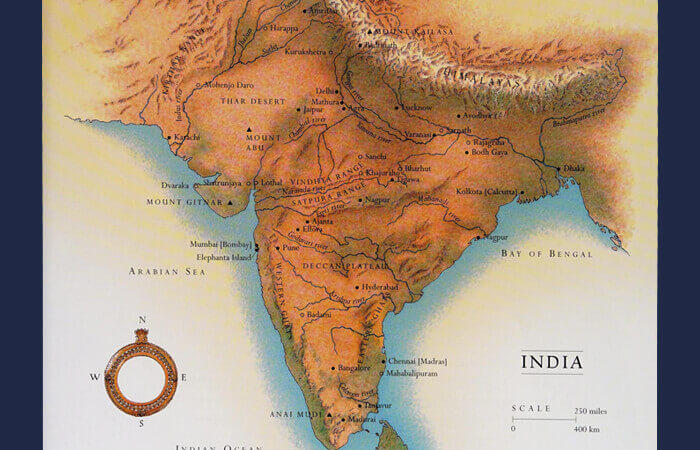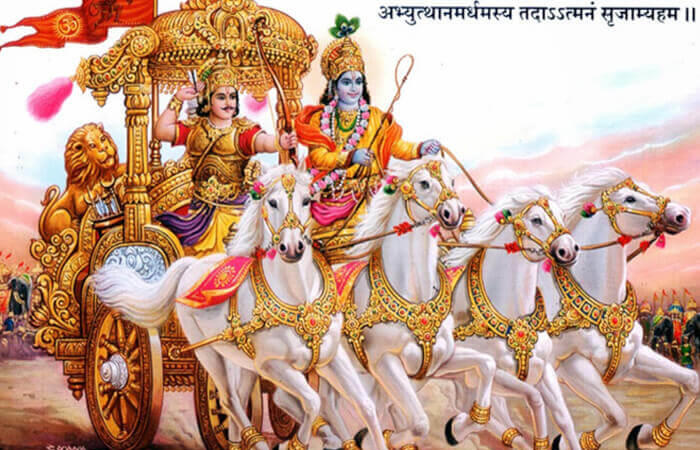Atal Bihari Vajpayee (25 December 1924 – 16 August 2018)
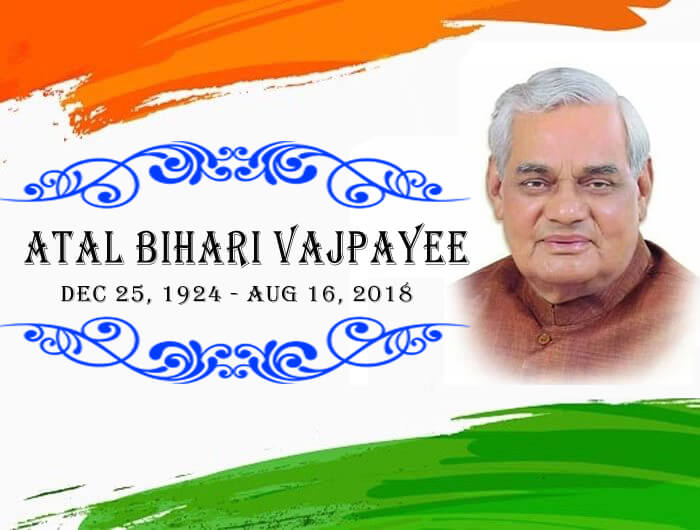
Atal Bihari Vajpayee was one of the well-known Prime Ministers of India. He is known as a very good journalist, politician, and poet. After Pandit Jawaharlal Nehru he was the only Prime Minister of India with two successive mandates.
Vajpayee served as prime minister briefly in 1996 then again from 1998 to 2004. Indian Prime Minister Atal Bihari Vajpayee’s stature rose as a peacemaker after a bus ride to Pakistan even though he had set off the nuclear arms race.
Fast Facts
- Full Name: Atal Bihari Vajpayee
- Birth: 25 December 1924
- Death: 16 August 2018
- Birth Place: Gwalior, Madhya Pradesh
- Father: Krishna Bihari Vajpayee
- Mother: Krishna Devi
- Marriage: Not married
Awards:
- 1992 – Padma Vibhushan
- 1994 – Lokmanya Tilak Award
- 1994 – Best Parliamentarian Award
- 1994 – Pandit Govind Vallabh Pant Award
- 2014 – Bharat Ratna
- 2015 – ‘Friends of Bangladesh Liberation War Award’, (Conferred by Government of Bangladesh).
Early Life
Born in Gwalior, Madhya Pradesh on December 25, 1924, Vajpayee was the face of the BJP for decades and was the first non-Congress prime minister to have served a full term in office. He was the son of a high school teacher Pandit Krishna Bihari Vajpayee, his mother’s name was Krishna Devi, he was their seventh child. He remained unmarried throughout his life, he adopted a daughter Namita Bhattacharya who was the daughter of his long-time friend.
After schooling at Swarasti School, Atal Ji completed his graduation from Laxmibai College, after which he did his post-graduation in Economics from DAVV College, Kanpur. He also applied for further studies in the Law College of Lucknow, but then he did not feel like studying and he started working as an editor in a magazine published by the RSS. Atal Ji remained a true patriot, even while studying, he stood with big leaders in the freedom struggle. He was also the editor of many Hindi newspapers at that time.
Political Life of Atal Bihari Vajpayee
Atal Ji’s political journey started as a freedom fighter. In 1942, he participated in the Quit India Movement along with other leaders and went to jail, during which he met the leader of Bharatiya Jana Sangh, Syama Prasad Mookerjee. Atal Ji learned the tricks of politics with Mukherjee. Mukherjee Ji’s health started deteriorating and he died soon after, after which Atal Ji took over the reins of Bharatiya Jana Sangh and expanded it all over the country.
In his youth, Vajpayee was influenced by the Rashtriya Swayamsevak Sangh (RSS), a Hindu nationalist organization from which the BJP also draws its ideological roots. In 1954, he was elected Member of Parliament from the Balrampur seat. Despite his young age, Vajpayee’s wide-ranging vision and knowledge helped him gain respect and place in the political world. In 1975, he and thousands of other dissidents were jailed under Prime Minister Indira Gandhi’s emergency decrees suspending civil liberties and elections.” When Morarji Desai’s government was formed in 1977, Vajpayee was made the foreign minister.
Two years later he traveled there to discuss relations with China. He traveled to Pakistan and took a new initiative to improve the trade relations between India and Pakistan that were affected by the 1971 war between India and Pakistan. When the Janata Party launched the RSS. attacked, then he resigned from the post of minister in 1979.
Vajpayee was a longtime politician who in 1980 helped found the Bharatiya Janata Party, a national party with roots in right-wing groups that believed India should be a Hindu country. Vajpayee was the president of this party for the first five years after its establishment. After Jawaharlal Nehru, if anyone has become the Prime Minister thrice, then it is Atal ji. Atal ji has been active in Parliament for the last 5 decades, as well as he is the only politician who was elected MP from 4 different states. Atal ji had come into politics before the independence of India, he had also participated in the Quit India movement with Gandhiji, and many times the prison tortures were also correct.
As Prime Minister of the country
The BJP emerged as the biggest challenger to the secular ideals of the Congress Party of Jawaharlal Nehru and Indira Gandhi, which had led the country for most of the years since independence in 1947. Atal Bihari Vajpayee, famous among the masses, was known for his political commitment.
India’s first prime minister from the now-dominant Bharatiya Janata Party (BJP), he served as prime minister for 13 days in 1996, for 11 months between 1998-1999, and then for a full five-year term between 1999-2004, becoming the first prime minister not from the Indian National Congress to serve a full term.
Senior MP Shri Vajpayee Ji remained active in the field of politics for four decades. He was elected nine times to the Lok Sabha (House of the People) and twice to the Rajya Sabha (House of the States) which is a record in itself. As the Prime Minister of India, Minister of External Affairs, Chairman of various important Standing Committees of Parliament, and Leader of the Opposition, he played an active role in shaping India’s domestic and foreign policy after independence.
He also did the work of garnering votes from BJP’s Hindutva policy. There is no place for permanent friendship and enmity in politics. After becoming the Prime Minister, Atalji was facing the whole country and its problems. He could not remain confined to the BJP. He was bound by constitutional limits.
Just 1 month after coming to power, Atal Ji and his government got 5 underground nuclear tests done successfully in Pokhran, Rajasthan in May 1998. The test was completely successful, which was discussed in full swing in the country and abroad as well. His motive was to place India on the world map as a formidable global power. After the test, many restrictions were imposed on India by the western countries, but the Vajpayee government faced them firmly and touched the height of economic development.
The National Highway Development Project (NHDP) and Pradhan Mantri Gram Sadak Yojana (PMGSY) started by Atal Ji were very close to his heart, he himself used to see its work. Through NHDP, he worked to connect the four main cities of the country, Delhi, Mumbai, Chennai, and Kolkata. Through PMGSY, the whole of India got good roads, which would connect even small villages with the city.
On 19 February 1999, the bus service from Delhi to Lahore was started under the name Sada-e-Sarhad. Inaugurating this service, Vajpayee Ji visited Pakistan as the first passenger and met Nawaz Sharif and marked a new beginning in mutual relations. Shortly after this, on the behest of the then army chief of Pakistan, Pervez Musharraf, the Pakistani army and militants infiltrated into the Kargil area and captured many mountain peaks. Respecting the international advice not to violate Pakistan’s border, the Atal government took patient but concrete action to liberate Indian territory. The decisions taken by Atal Ji during the Kargil war and terrorist attack, his leadership, and his diplomacy impressed everyone, due to which his image emerged in front of everyone.
He had retired from politics since 2005 and lived in a government residence at 6-A Krishna Menon Marg in New Delhi. Shri Vajpayee passed away on 16 August 2018 at All India Institute of Medical Sciences, Delhi after a prolonged illness. He remained active in Indian politics throughout his life.
Atal ji had written a wonderful poem in his teenage years – “Hindu Tan-Man (Poetry) Hindu Life, Rag-Rag Hindu Mera Parichay”, which shows that since childhood, he was inclined towards the interest of the country.
Major compositions of Atal Bihari Vajpayee
Some of his major published works are as follows:
- Rag Rag Hindu My Introduction
- death or murder
- Amar Sacrifice (collection of Atal ji’s statements in Lok Sabha)
- Prisoner Kaviray’s horoscopes
- Three decades in parliament
- immortal fire
- some articles: some speeches
- secular cause
- the slippery roads of politics
- Point to point idea, etc.
- my fifty one poems
Today is the birthday of revered Atal Ji, the nation remembers his birthday as Good Governance Day.

